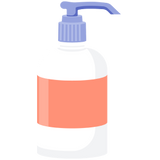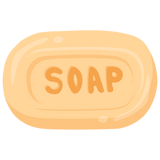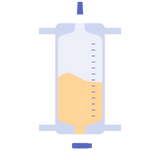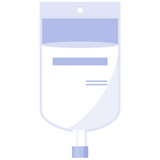
5 Heart Conditions & Medications Increasing Heat Vulnerability
Posted by Pankaj Dhiman on Aug 24th 2023
As the sun's rays intensify and temperatures soar, it's important to be aware of how your heart health and medications can impact your body's response to heat. For individuals with certain heart problems and those taking specific medications, the summer heat can pose an increased risk. In this blog, we'll delve into five heart problems and medications that can make you more vulnerable to heat, along with tips to stay safe and cool during hot weather.
1. Heart Failure
Heart failure is a condition in which the heart can't pump blood effectively, leading to fluid retention and shortness of breath. During hot weather, the body works harder to cool itself down, causing blood vessels to dilate and the heart to beat faster. This increased strain on the heart can worsen heart failure symptoms and lead to dehydration. Medications such as diuretics, commonly prescribed to manage fluid retention, can further contribute to dehydration.
2. Hypertension (High Blood Pressure)
Hypertension is a condition characterized by high blood pressure, and it can increase your susceptibility to heat-related illnesses. High blood pressure can impair the body's ability to regulate temperature and cause blood vessels to constrict, reducing blood flow to the skin and limiting heat dissipation. Some blood pressure medications, like beta-blockers, can also inhibit the body's response to heat.
3. Coronary Artery Disease
Coronary artery disease (CAD) occurs when the blood vessels that supply the heart with oxygen-rich blood become narrow or blocked. During hot weather, the heart's oxygen demand increases as it works harder to maintain body temperature. CAD patients may find their hearts struggling to meet this increased demand, potentially leading to angina (chest pain) or even heart attacks.
4. Arrhythmias
Arrhythmias are irregular heart rhythms that can disrupt the heart's ability to pump blood effectively. High temperatures can exacerbate arrhythmias, as they can interfere with the body's electrolyte balance and increase the workload on the heart. Medications like antiarrhythmics may have side effects that are amplified by heat, increasing the risk of dizziness, fainting, and palpitations.
5. Beta-Blockers
Beta-blockers are a class of medications commonly prescribed for heart conditions like hypertension and arrhythmias. They work by slowing down the heart rate and reducing its workload. However, this can also inhibit the body's ability to respond to heat by limiting the heart's ability to beat faster and pump more blood to dissipate heat. As a result, individuals taking beta-blockers may be more prone to heat-related illnesses.
Tips for Staying Safe in the Heat
- Stay Hydrated: Regardless of your heart health, staying hydrated is essential during hot weather. Drink water regularly to maintain your body's fluid balance.
- Avoid Peak Heat: If possible, stay indoors during the hottest parts of the day (usually from late morning to early afternoon).
- Wear Appropriate Clothing: Opt for lightweight, breathable clothing that helps your body stay cool. Hats and sunglasses can also provide protection from the sun.
- Use Air Conditioning: If you have heart problems, it's important to stay in a cool environment. Air conditioning can help regulate indoor temperatures.
- Know Your Medications: Understand the potential heat-related side effects of your medications. Consult your healthcare provider if you're concerned.
- Monitor Your Body: Pay attention to your body's signals. If you experience dizziness, weakness, rapid heartbeat, or nausea, move to a cooler place and seek medical attention if needed.
Conclusion
While summer brings joy and outdoor activities, it's crucial for individuals with heart problems and those on certain medications to take precautions against heat-related illnesses. By understanding the risks, staying informed about your medications, and following safety tips, you can enjoy the season while keeping your heart health a top priority. Always consult your healthcare provider for personalized advice and recommendations tailored to your specific condition and needs.




















